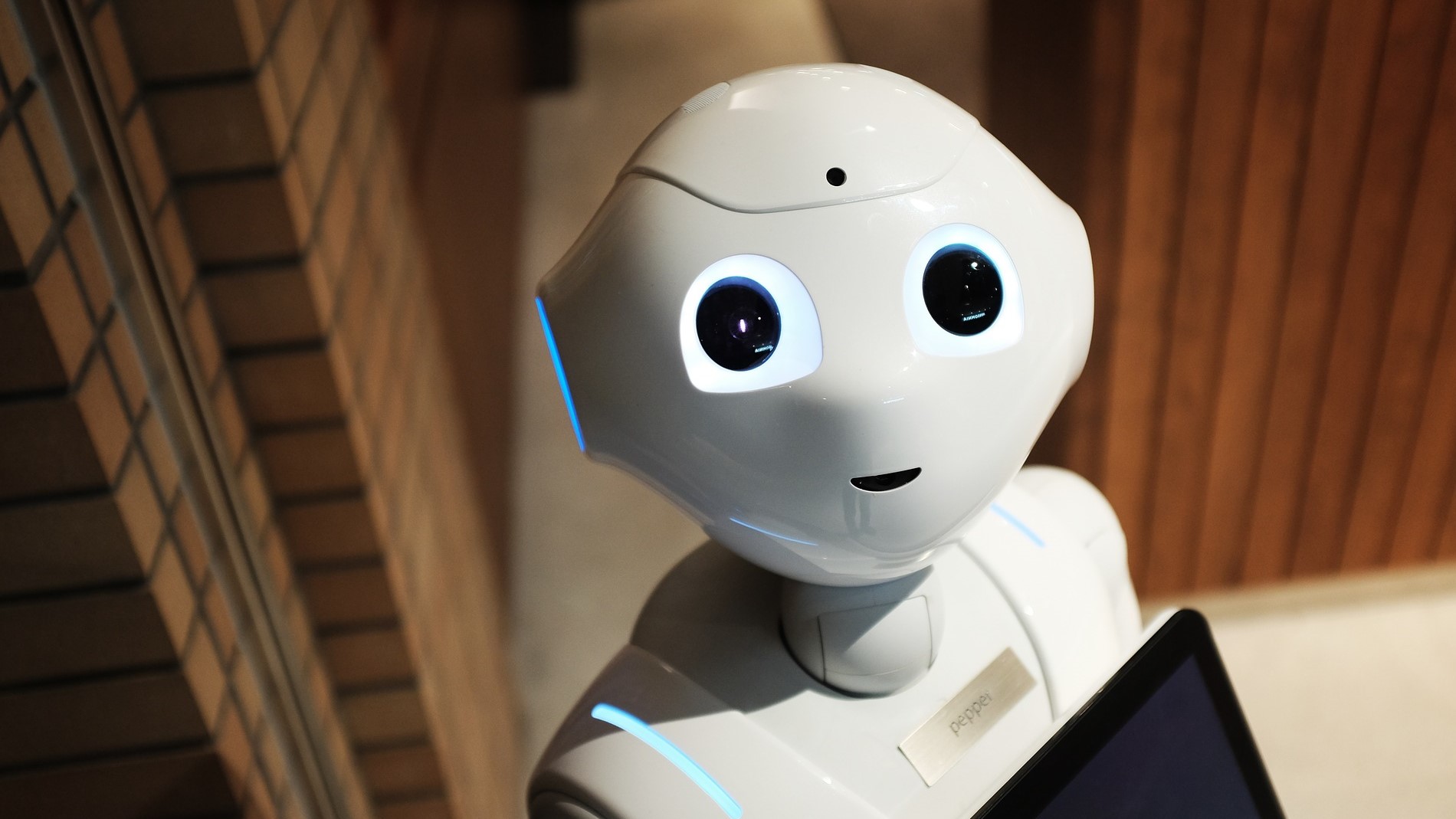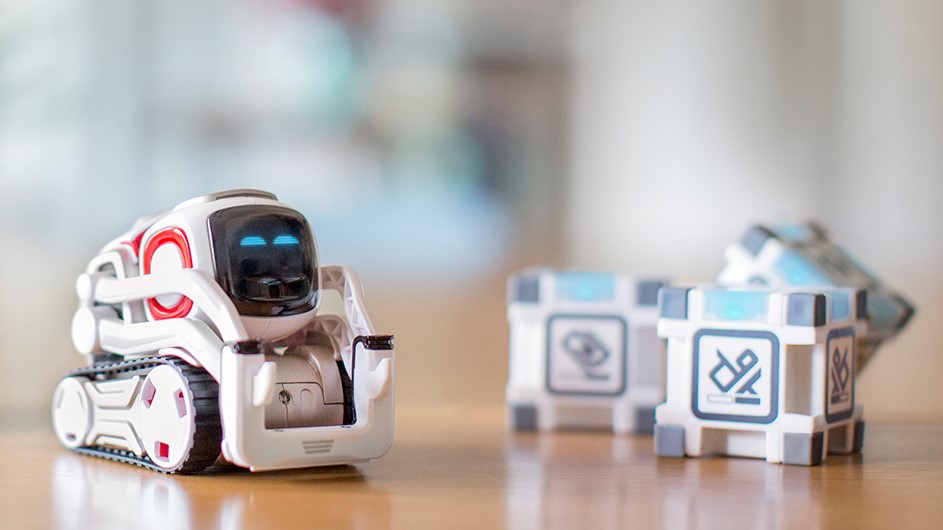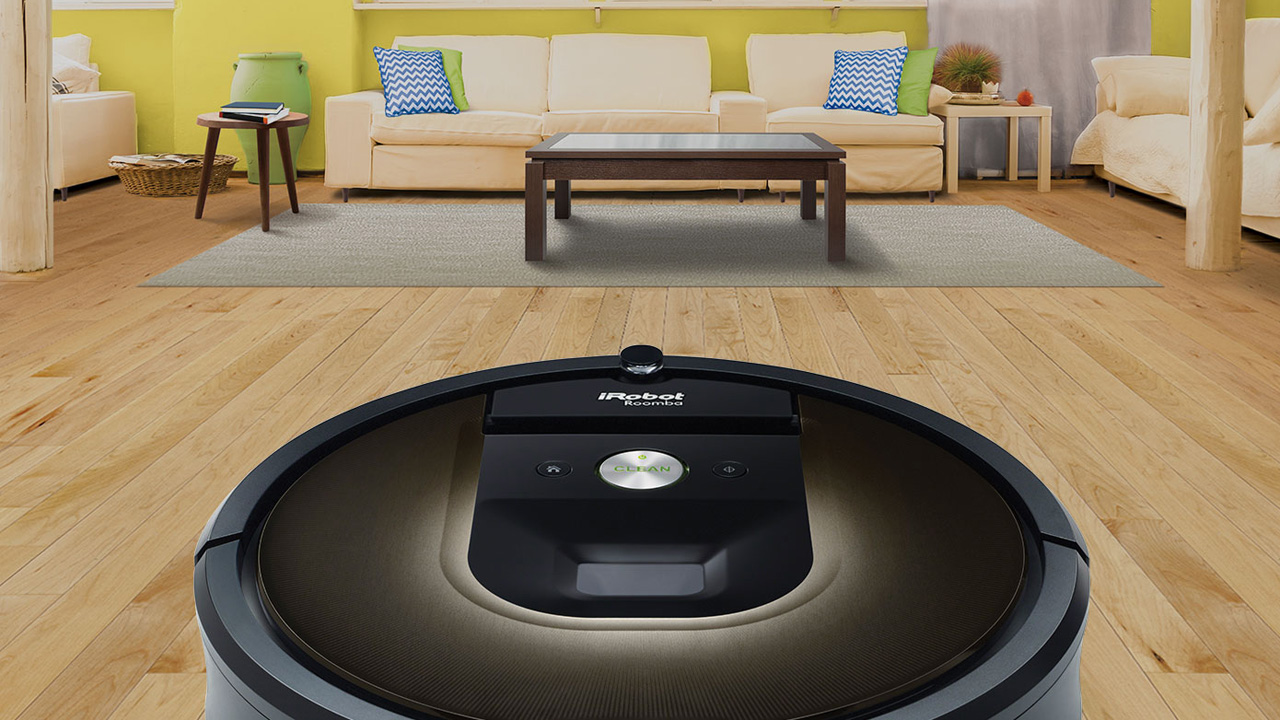
Last week, Anki, creator of adorable robots that are part toy, part virtual assistant and part pet, went out of business. “It is with a heavy heart to inform you that Anki has ceased product development and we are no longer manufacturing robots,” the company said in a statement, which promised to help owners keep enjoying their little mechanical pals for as long as possible.
So what went wrong? Why did Anki – a company that had attracted a huge amount of funding and interest in its earlier days – find itself so strapped for cash that it had to pull the plug? Why aren’t we welcoming little bots into our lives?

They're too expensive
Robot vacuum cleaners are one thing – we might feel a little affection towards them, but they’re very utilitarian. When it comes to robots for fun and companionship, we’re much more hesitant.
One of the simplest explanations is cost: robots of any sort don’t come cheap, and that’s a big problem if your machine is seen as a toy with a limited shelf-life. Why pay over $100 for something that’ll be gathering dust on a shelf in a few months’ time.
Mekamon, by Reach Robotics, is an augmented reality battle-bot that retails for a cool $250/£250 (about AU$350). Today it can be found strutting around Apple stores, demonstrating the iPhone’s augmented reality chops, but getting the first units off the production line was a long, hard, expensive process.
After receiving a small dose of startup funding, the young company’s founders and one employee spent six months in constant crunch mode, working for 18 hours a day in San Diego and barely seeing the sun.

“I was trying to go surfing and I went once, in the end,” chief operating officer John Rees told TechRadar when we visited the company last year. “San Diego’s a cracking spot for that, and I managed to get there once. That’s life as a startup, though.”
Sign up for breaking news, reviews, opinion, top tech deals, and more.
Once the company was ready to start actually making bots, the hard graft continued, and the founders spent a week at the production line making the first 20 by hand. Heartbreakingly, many of those early models then had to be tested to destruction to make sure they were safe to sell.
To justify its price to potential owners, Reach is thinking long-term. Although Mekamon is now in its second iteration, the company plans to continue supporting all its legacy bots. If you buy one of its charming spiders today, it won’t become obsolete when the next model hits the shelves.
The company also keeps its bots updated with new modes and games in its mobile app, meaning they keep growing and improving over time.
They'll soon be outdated
Colorado-based robot-maker Sphero found its bots lacking the long-term appeal to justify their price, which resulted in it backing away from a seemingly lucrative licensing deal with Disney. Although bots like the iPhone-operated BB-8 and Lightning McQueen sold well when their associated films were still showing in theaters, interest soon tailed off and sales dropped.
As a result, Sphero decided to move its attention to its own educational bots, which are designed with schools in mind and won’t date like a product tied to a movie. It was a bold move, but one that seems to have paid off.
“We at Sphero are in a unique position since we are a category leader in this space and already partner with more than 40,000 teachers across all subjects at 20,000 schools,” the company told TechRadar in a statement.

“To date, more than 1.4 million students have been positively impacted through Sphero Edu and our work to educate kids surrounding technology and computer science. We have an entire team dedicated to working with teachers and administrators in order to bring Sphero into the classroom.”
By thinking big and making sure that Sphero is about more than just the hardware, it was able to offer schools and parents something that will stay useful for years to come.
We don't trust them
Another reason we’re hesitant to allow robots to trundle across our floors and interact with our kids is safety. Almost all bots you can buy today are voice-activated, and most are internet-connected too, which means they could potentially be compromised.
A couple of years ago, TechRadar attended a demo of the Bitdefender Box hardware firewall, where the company demonstrated just how easy it is to take control of a smart device that’s not properly secured. Hard-coded admin logins, firmware that’s impossible to update, and unpatched vulnerabilities in cheap hardware mean a complete stranger can take control of a shoddily made device with just a few clicks and keystrokes.
It’s no wonder Christmas each year sees a raft of headlines about the risks of handing your child what’s essentially a cuddly webcam. Companies like Anki, Sphero and Reach take their responsibilities seriously and take every precaution, but it’s going to be a worry at the back of parents’ minds when they’re filling their virtual carts.
They aren't useful enough
Science fiction often presents robots as companions, but they always serve a practical purpose as well – R2-D2 is a stocky little engineering bot, Wall-E picks up trash and the Terminator, er, terminates.
Anki’s bots do a tremendous amount – particularly Vector, which can answer questions, tell you the weather, play games and recognize its owner’s face, all while joyfully roaming across the floor. A recent update also blessed it with Amazon Alexa support, granting it control over all your smart home devices.

Unfortunately, apart from smiling at you and whizzing around your feet, most of that can also be accomplished by an Amazon Echo Dot. The robots that are more widely accepted tend to be those that take the strain out of everyday chores – bots for vacuuming, mopping and cleaning windows.
Perhaps if Cozmo and Vector had been able to clean the floor while they whizzed across them, more people might have been willing to adopt them – especially if they did it with a cheeky smile.

Cat is TechRadar's Homes Editor specializing in kitchen appliances and smart home technology. She's been a tech journalist for 15 years, having worked on print magazines including PC Plus and PC Format, and is a Speciality Coffee Association (SCA) certified barista. Whether you want to invest in some smart lights or pick up a new espresso machine, she's the right person to help.